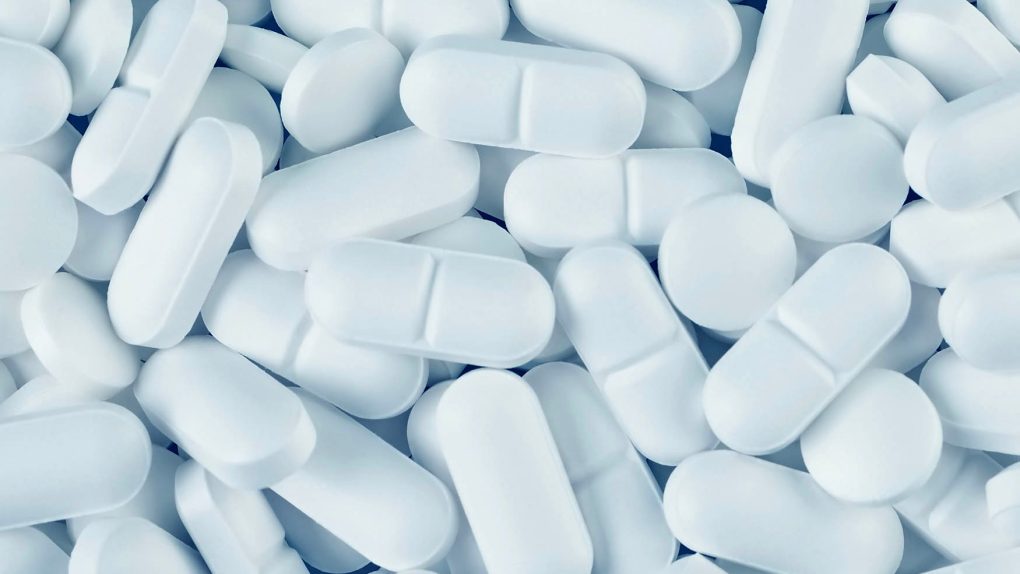- One of the most popular painkillers on the planet is increasingly being blamed for overdoses and poisonings.
- Individuals taking much higher than recommended doses, and taking them for extended periods of time, is becoming more and more common.
- The medication can be used safely, but directions have to be followed.
Got a headache? How about back pain? Maybe a fever? Don’t worry, there’s a magical pill that will take care of all those things… if only for a short while. It’s acetaminophen (or paracetamol), and it’s sold under various brand names like Tylenol and included in multi-drug combo pills like Excedrine. It’s long been considered the safest way to alleviate pain, but new research suggests it may not be quite as innocent as it seems.
The main issue with the drug, despite being a safe medication, is that people take its safety for granted and begin using it in higher and higher dosages and for extended periods of time. Overdose of the medication can result in poisoning that damages the liver and can even lead to death.
The research focuses on recent data showing a clear increase in the number of poisoning cases resulting from acetaminophen and the various pills that contain it. “It is a very safe drug, but only for short-term pain relief and as long as the daily dosage does not go above the recommended range,” Andrea Burden, co-author of the study, said in a statement.
The data the researchers used is specific to Switzerland, but the trend of increased poisonings appears to be much more widespread, and the cause is likely the same across the board. The medication is available easily over the counter, and while directions make it clear that those with pain of various types should be using only the lowest effective dosage, they tend to ignore those guidelines and take higher dosages. For patients that the drug doesn’t work well for, that means taking quite a bit more than the safe dose.
“One problem with paracetamol is that it is not effective for all patients or against all forms of pain,” Burden says. “If the drug doesn’t help to ease someone’s symptoms, they may be tempted to increase the dosage without consulting a medical professional. That’s the real problem.”
The data shows an increase in poisoning cases of 40% between 2005 and 2008 alone, which sparked the US FDA to issue guidance on how much of the drug is safe to take on a regular basis. Unfortunately, however, in Switzerland, the dosage options actually increased, with 1,000mg tablets becoming available, and that resulted in an increase in poisoning incidents.
So, what can you do to avoid falling victim to an overdose? Well, it sounds simple (and it is): Don’t take more than the recommended dose of acetaminophen or any drugs that contain it, and if you have any questions about what a safe dose might be, even after reading the medication label, call your doctor for clarification. Better safe than sorry.








